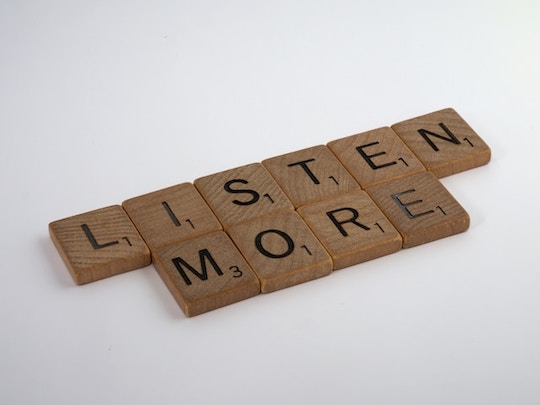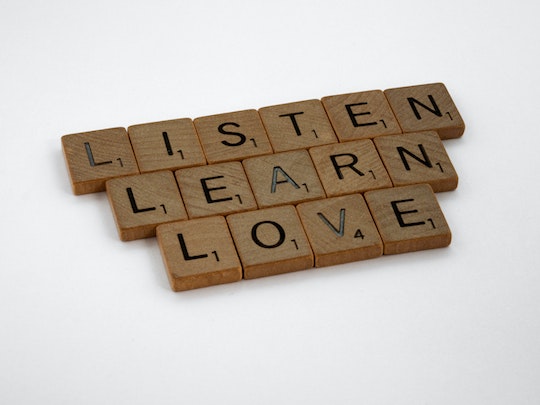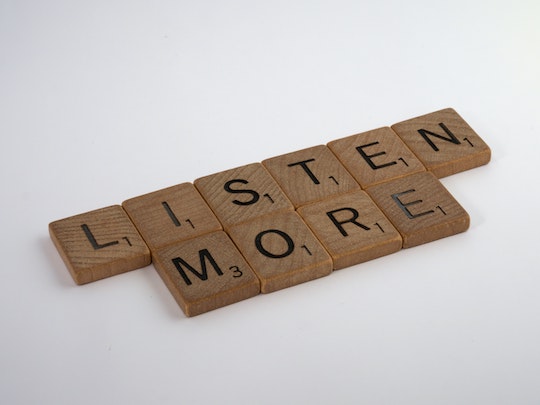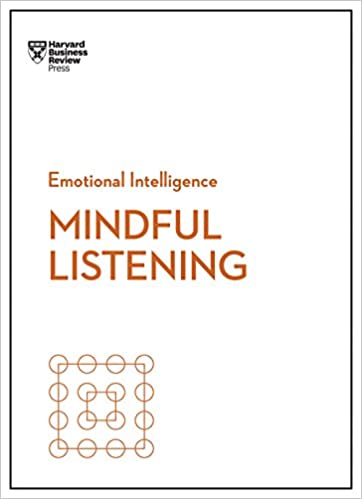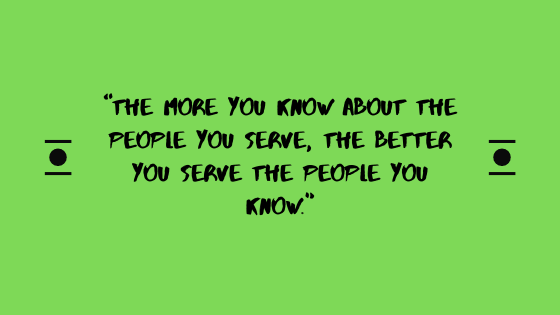“I know in my heart that man is good, that what is right will always eventually triumph and there is purpose and worth to each and every life.”
—Ronald Regan, 40th President of the United States
How often do you take the time to listen to your heart?
Today’s quote seems very timely due to the state of our country and the world.
How do we know what’s right when we make important decisions as members of our families, communities, or our nation?
How can and will we add our own heart’s message to the important decisions that affect us all?
EXERCISE:
How do you and can you contribute your own bit of good to the world and honor the worth of each and every life?



